Ah, the innocent act of dining out. You, bathed in the warm glow of candlelight, savoring a succulent steak, your phone tucked away for once. Little do you know, behind that friendly smile and perfectly folded napkin, your server is conducting an intricate CSI-level investigation into your very being.
“[Being a server] teaches you how to read people’s behaviors on a dime,” told by Kelly Ennis, who worked as a waitress for 15 years. “You can tell when you walk up to a table if they’re in a bad mood or in a rush.” It’s all about interpreting body language and immediately establishing rapport.
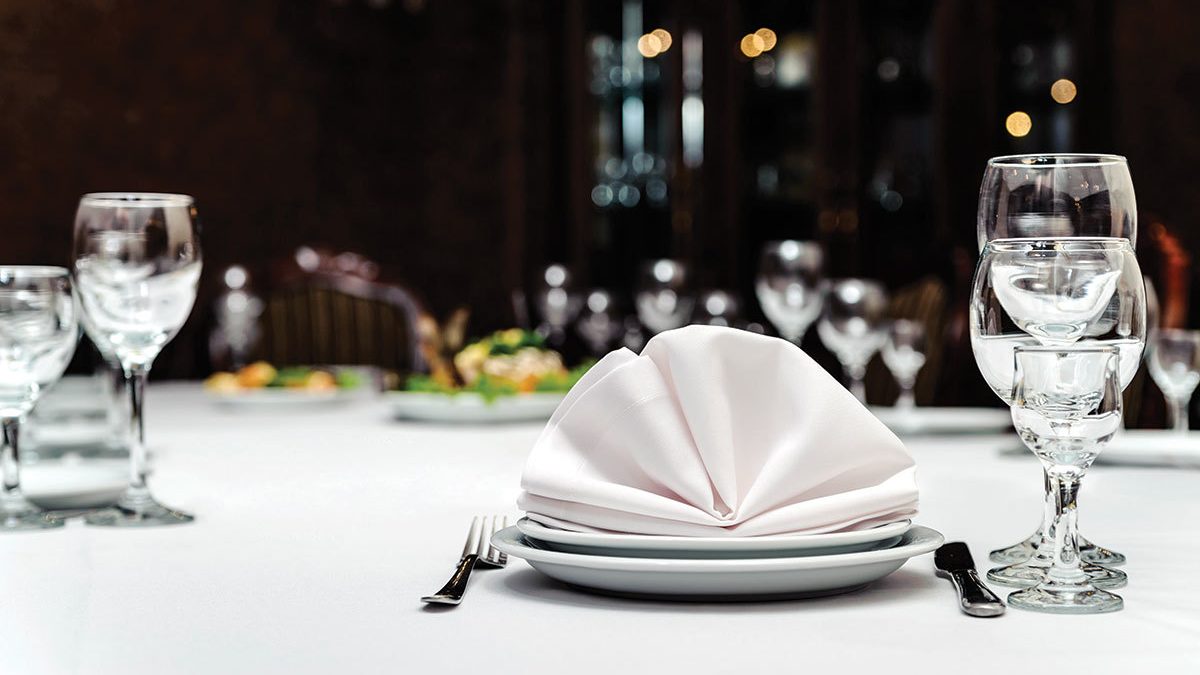
When you go into a restaurant, you will most likely note how nice the host and waitstaff are, how the setting feels, what type of cuisine is on the menu, and who else is dining. But you’re not the only one observing your surroundings. Restaurant workers are also likely assessing you and determining what type of dining guest you will be.
Here’s a peek into the secret world of what servers of a restaurant notice – things that might make you swallow your soufflé the wrong way:

1. Restaurant servers scrutiny how you react when they introduce themselves:
A warm smile, eye contact, and a genuine “Hi [server’s name]” paint the picture of a friendly, engaged diner. This sets the stage for a smooth sailing experience, where your server feels comfortable approaching and offering personalized recommendations.

Conversely, a distracted nod or phone-glued silence might raise the “Potentially Tricky Table” flag. But don’t fret! Simply remembering their name, offering a polite greeting, and being clear with your requests can quickly turn things around. Remember, a little courtesy and patience go a long way in ensuring a happy night for both you and your server. So, the next time you hear that welcoming “Hi,” embrace the chance to make a positive first impression – who knows, it might even earn you an extra bread basket!
2. Restaurant servers can reveal a lot about what’s going on at your table:
Restaurant servers, much like seasoned detectives, can glean a surprising amount of information about the dynamics at your table through a combination of verbal and nonverbal cues. Imagine them as master detectives, not of murder mysteries, but of “Who brought the awkward third wheel on this Tinder date?” or “Is that a passive-aggressive mashed potato fight brewing?” Every stolen glance, every mumbled joke, every crumb strategically flicked under the table (don’t lie, we’ve all been there) becomes a clue in their grand restaurant opera.
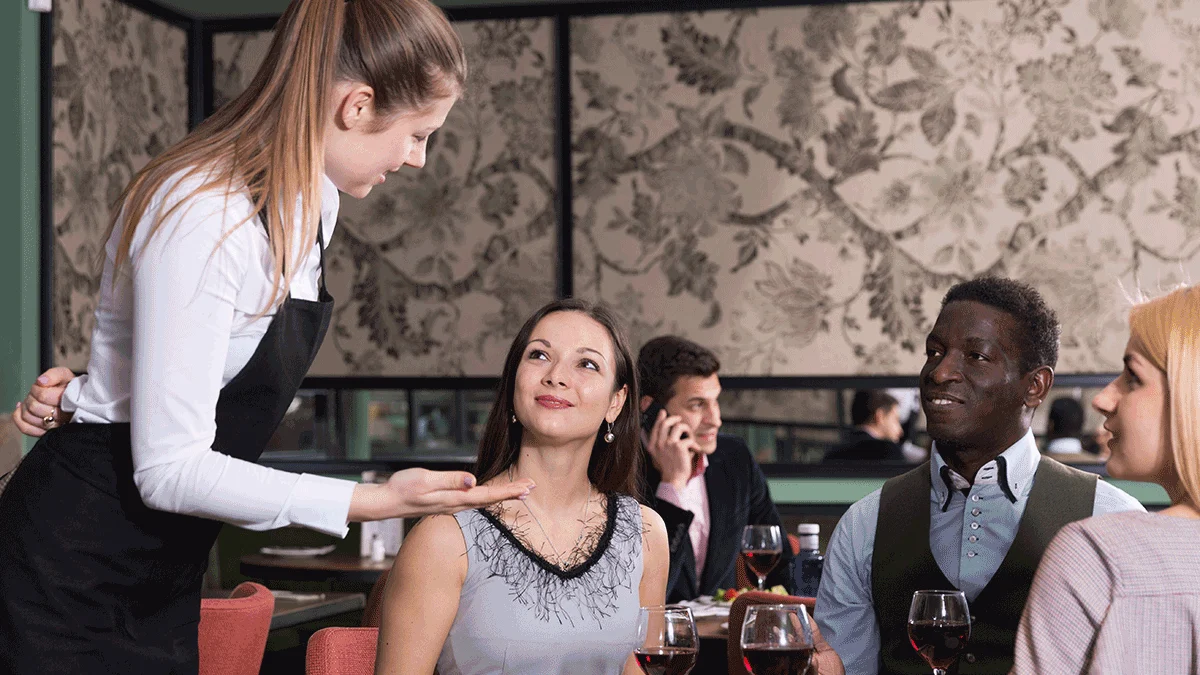
Noticing these factors may help a server determine how much care each table will require, how to spread out the orders, how long the cleanup will take, and what the final bill will look like. So the next time you dine out, remember, you’re not just enjoying a meal, you’re starring in a live-action dining mystery.
3. They notice ability based on the manner you order:
Restaurant servers, with their hawk-like observation skills and years of deciphering menu hieroglyphics, can sniff out entitlement faster than a sommelier identifies a bad vintage. It’s all in the way you order, my friend, a symphony of subtle cues that paint a picture of your inner (dining) diva.
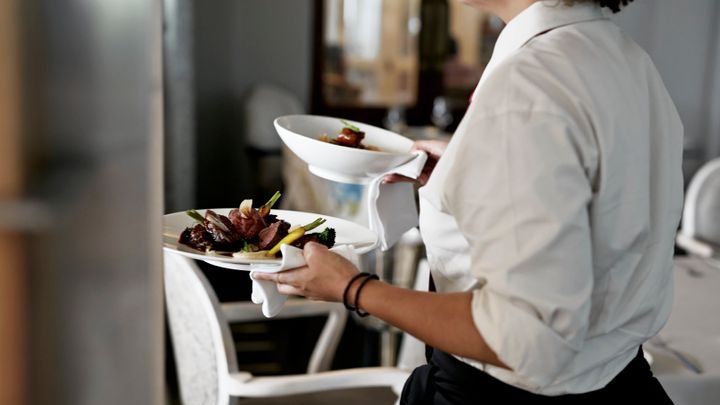
Forget politely inquiring about vegetarian options. You point at the menu like it’s your personal fiefdom, barking orders with the precision of a drill sergeant. “That. No cheese. Extra avocado. And bring me fries, crispy, like my bank account after payday.” Servers can practically hear the invisible crown clinking as you walk in.
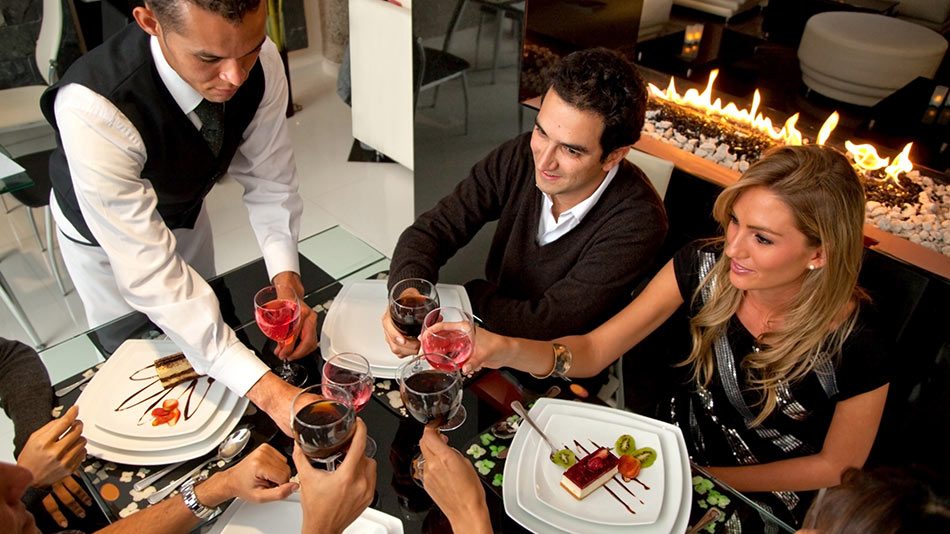
The bill arrives, and your face contorts like a lemon gone bad. You scrutinize every cent, questioning the air they dared to pump into your tires (figuratively, of course). You demand separate checks, down to the ice water and napkin origami swan your neighbor folded. Servers sigh, remembering the days when tipping wasn’t a hostage negotiation.
4. They notice when you don’t manage your time well:
While restaurant owners might not have a crystal ball that directly reveals your time management skills, there are certainly hints you might unintentionally drop that paint a picture of your punctuality (or lack thereof). Remember, they deal with hundreds of customers daily, and their eagle eyes are trained to spot patterns!
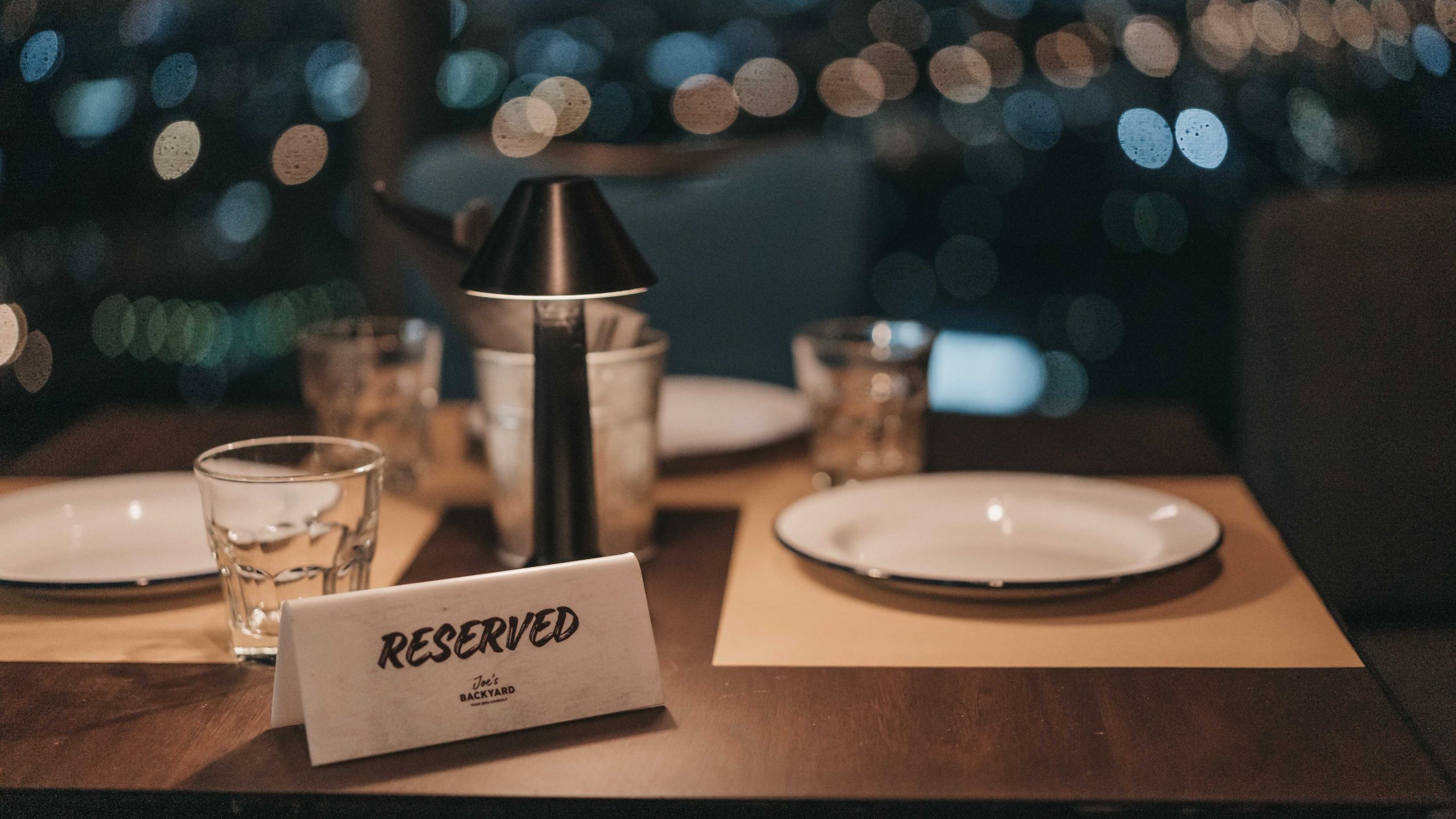
You call to make a reservation, but you’re unsure of the date, time, or even the number of people in your party. The owner might politely guide you through the details, but internally they’re making mental notes about your organizational prowess (or lack thereof).You book a table for four, but show up with nine hungry souls, expecting to magically rearrange the seating chart like a human Rubik’s cube. This not only throws off the owner’s planning but also sends the waitstaff scrambling, all while whispering silent prayers for your next reservation to be solo.
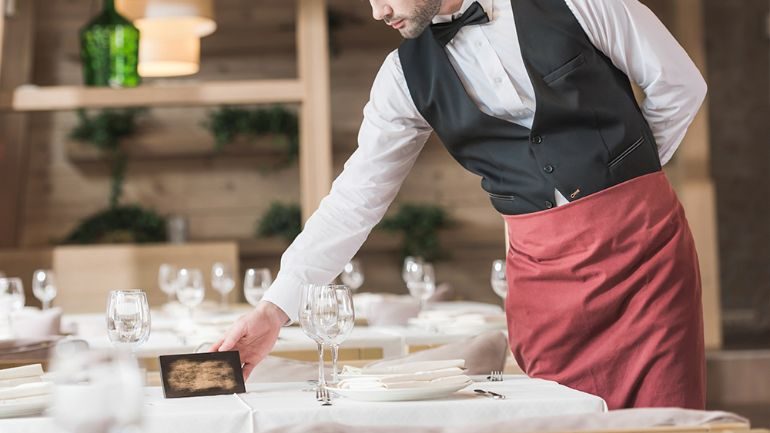
Of course, life throws curveballs, and occasionally running late or changing plans is inevitable. But if you consistently leave a trail of frazzled waiters and frustrated managers in your wake, it might be time to brush up on your calendar app and sharpen your punctuality skills. Remember, respecting the restaurant’s time shows respect for their business and ensures a smoother, more enjoyable experience for everyone involved.
5. Restaurant servers can determine how you will treat them based on your looks:
While it’s unfortunate, yes, some restaurant servers might make snap judgments about how you’ll treat them based on your appearance. It’s a human tendency to categorize and form assumptions, and even the most conscientious server isn’t immune to it.

Your outfit can unwittingly paint a picture. Formal attire might suggest a respectful, reserved diner, while ripped jeans and band tees could whisper “Laid-back and potentially low maintenance.” Of course, these are just broad strokes, and judging a book by its cover is rarely accurate.
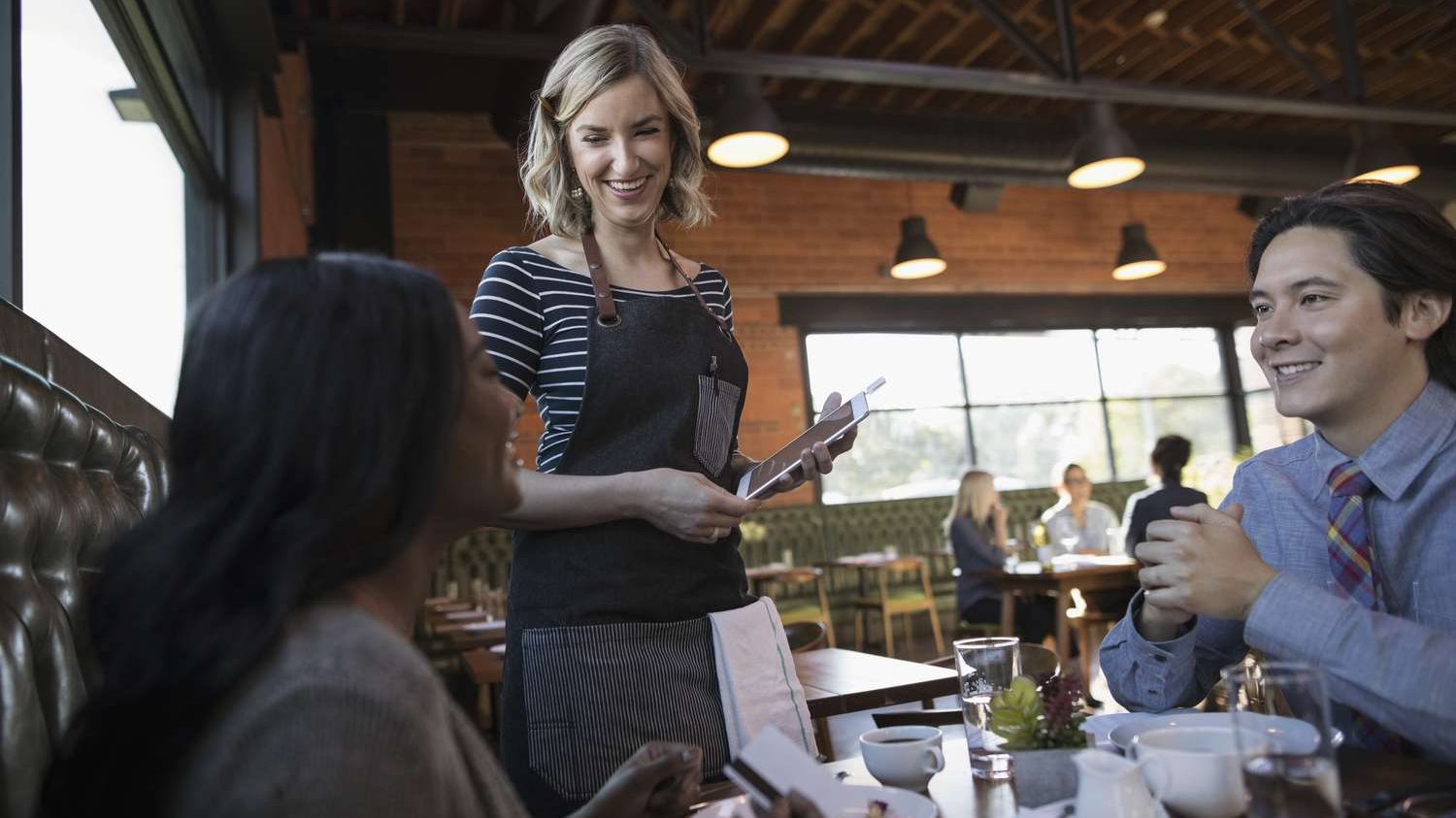
Blinged-out necklaces and designer handbags might trigger the “Big tipper” radar, while a tattered backpack and well-worn sneakers could conjure the “Budget-conscious” image. Remember, wealth comes in many forms, and judging someone’s generosity based on their accessories is a recipe for skewed expectations.
6. The most crucial thing for servers to consider is if they are being treated with respect:
Respect is the cornerstone of a positive dining experience, both for servers and for diners. It makes the entire interaction smoother, more enjoyable, and ultimately leads to a happier atmosphere for everyone involved.
Just like anyone else, servers deserve to be treated with respect and dignity. They’re working hard to provide you with a enjoyable meal, and they deserve to be treated with the same courtesy you would show anyone else you interact with. This includes using polite language, avoiding rudeness or condescension, and refraining from making any discriminatory or offensive remarks.
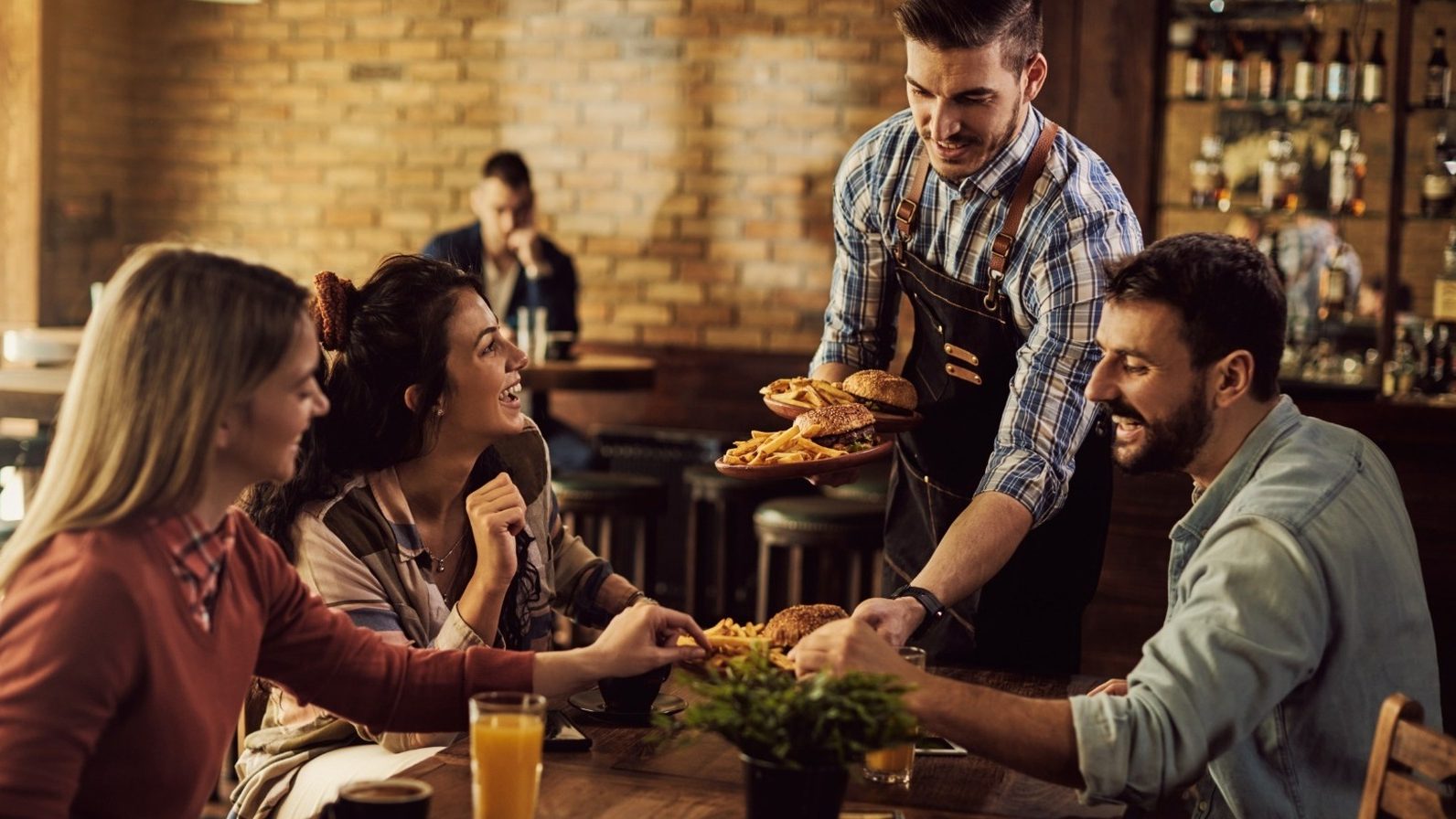
When servers feel respected, they’re more likely to go the extra mile to make your experience enjoyable. They’ll be more attentive to your needs, more willing to answer questions and offer recommendations, and more likely to go out of their way to solve any problems that may arise. A respectful environment fosters a better working relationship between server and customer, ultimately leading to better service for everyone.
The restaurant industry can be a demanding and stressful one. Servers deal with long hours, difficult customers, and a constant barrage of orders and requests. Being treated with respect can help to alleviate some of this stress and make their job a little bit easier. Knowing that you’re appreciated and that your efforts are valued can make a big difference in a server’s day.

Remember, treating your server with respect is not just about good manners, it’s about basic human decency. By showing them the same courtesy you would any other service provider, you can help to make their job a little bit easier and your dining experience a whole lot more enjoyable. So next time you sit down at a top restaurant, take a moment to remember the person waiting on you and treat them with the respect they deserve. You might just be surprised at the positive difference it makes.






GIPHY App Key not set. Please check settings